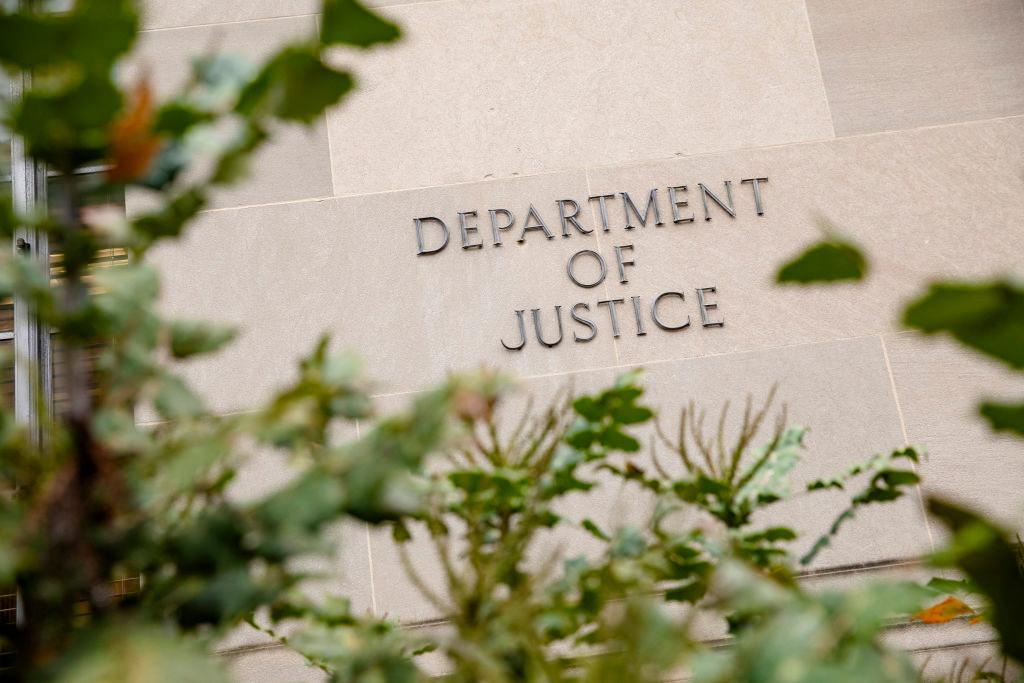The House released a measure on Feb. 12 that would reauthorize Section 702 of the Foreign Intelligence Surveillance Act (FISA), which is meant to target noncitizens abroad but has, at times, swept up Americans in the process.
The legislation makes a series of wide reforms to the FISA spying authority, which has come under increasingly heavy scrutiny since it was last reauthorized in 2018.






